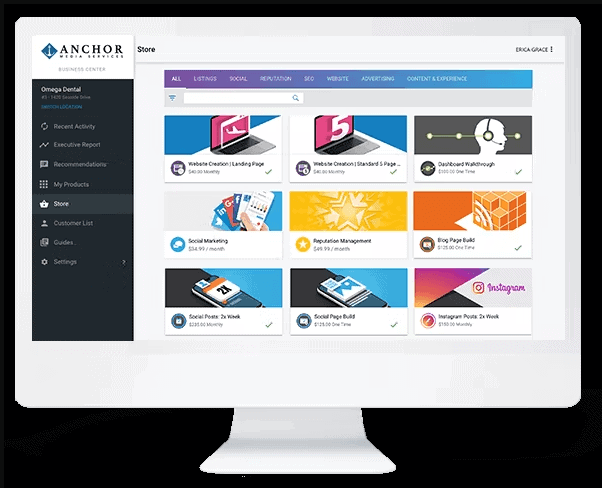
How to make it as a Solo Founder
- Business
- Tips and Advice
- Nov 07
- Share post

There is no doubt about it, starting a company is hard. It doesn’t matter if you’re a solo founder or a team of one, two, three (or more). The road will be filled with challenges and obstacles – that’s all part of the journey. However, there are a number of challenges that are particularly relevant to a solo founder, and understanding what they are and how to overcome them could be the difference between success and failure. Here are some of the key ones:
Motivation / Procrastination
At times any founder may feel overwhelmed and scared of failure. As a solo founder, there is no one by your side and these scenarios are amplified.
The trick to staying motivated is using the techniques that work for you. Here are a few ways that you can stay motivated and avoid procrastination:
– Set clear achievable goals (something that can be measured e.g. Calling 5 potential customers and pitching your product).
– Reward yourself when you complete one or more goals (maybe that’s taking time out or even just taking a moment to appreciate your accomplishment).
– If rewards don’t work, flip it around, and give yourself an incentive to complete your task or pay a penalty. This plays on the concept of Loss Aversion. You will want to complete the task or face the consequence. Tools like ActionBuddy can help you with this using the concept of Accountability Partners.
– Eat that frog! Always do the most important task first. If you really need to eat a frog and you really don’t want to … make it the first thing you do.
Funding
Investors usually have preferences for the types of companies that they want to invest in. While not all investors are the same – many of them will want to see more than one Founder. A founding team of more than one person is generally less risky – you’re not all likely to get hit by a bus at the same time.
As a solo founder, you may have found it hard to get any outside investment and decided to bootstrap / self-fund your venture. That’s exciting and also very daunting. Not only are you investing your time, but you are also investing your money. Use this as motivation to work smart, stay focused, and get stuff done.
Before you start your venture, set a limit on how much money (and time) you’re willing to invest in the company. Speak to an accountant and find out the best way to structure that investment. Then, as things progress always keep track of your expenses (using something like Xero) and your burn rate – at any given time you should know how much your spending; how much is in the bank and what bills are
It Can Be Lonely
 Being a solo founder comes with a solitude unlike any other. Every success, failure, and responsibility are yours to own. In an office setting, typically you can bounce ideas off each other and get feedback from your peers. Helping to validate your ideas helps you move forward with confidence.
Being a solo founder comes with a solitude unlike any other. Every success, failure, and responsibility are yours to own. In an office setting, typically you can bounce ideas off each other and get feedback from your peers. Helping to validate your ideas helps you move forward with confidence.
As a solo founder, you might find it hard to get that validation and advice. There are some great communities out there that can help. One such community is Indie Hackers. This is primarily a group of founders who are looking to build profitable internet businesses. Many of which are self-funded / bootstrapped.
Failures
One of the scariest words for any founder is ‘failure’. It’s exceptionally confronting for a solo founder – you’re going to be front and center. It can be a challenge to stay motivated and continue the journey.
If you’re able to see failures as a learning experience it will be much easier in the long run. These experiences are teaching you what didn’t work – so that next time you will have a better chance of success.
Remember that many founders have a series of failures before their first success. It’s important to be kind to yourself and continue working toward your ultimate goal. If you can prepare yourself for some failures along the way, it will be much easier to stay on course for success.
By Jo Smith | 07/11/2020
Categories
- Advertising and Marketing
- Business
- Business Products & Services
- Buyers' guide
- Employment
- Finance
- Franchising
- Health & Fitness
- Health Care & Medical
- International
- Internet Services
- Investment
- Professional
- Real Estate
- Sellers' guide
- Software
- Technology
- Tips and Advice
- Top Pick
- Web Resources
- White label guide
Looking for business opportunity to start your own business? Check these out!
Recommended reading







